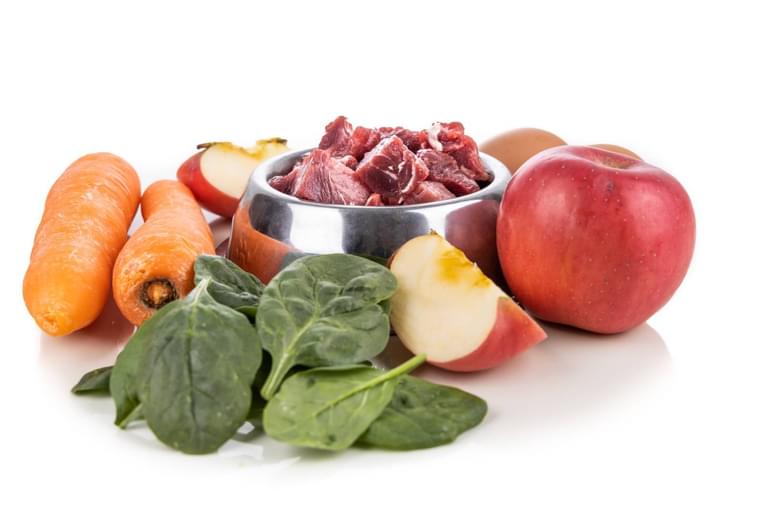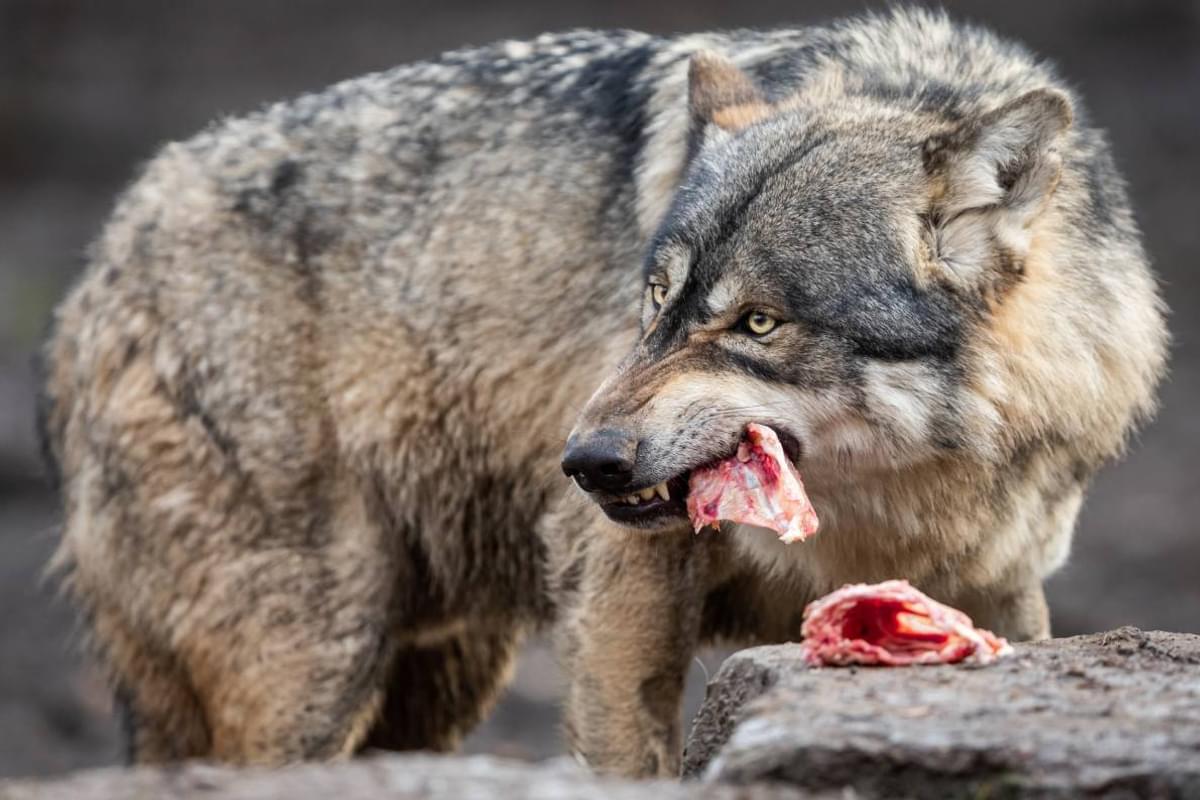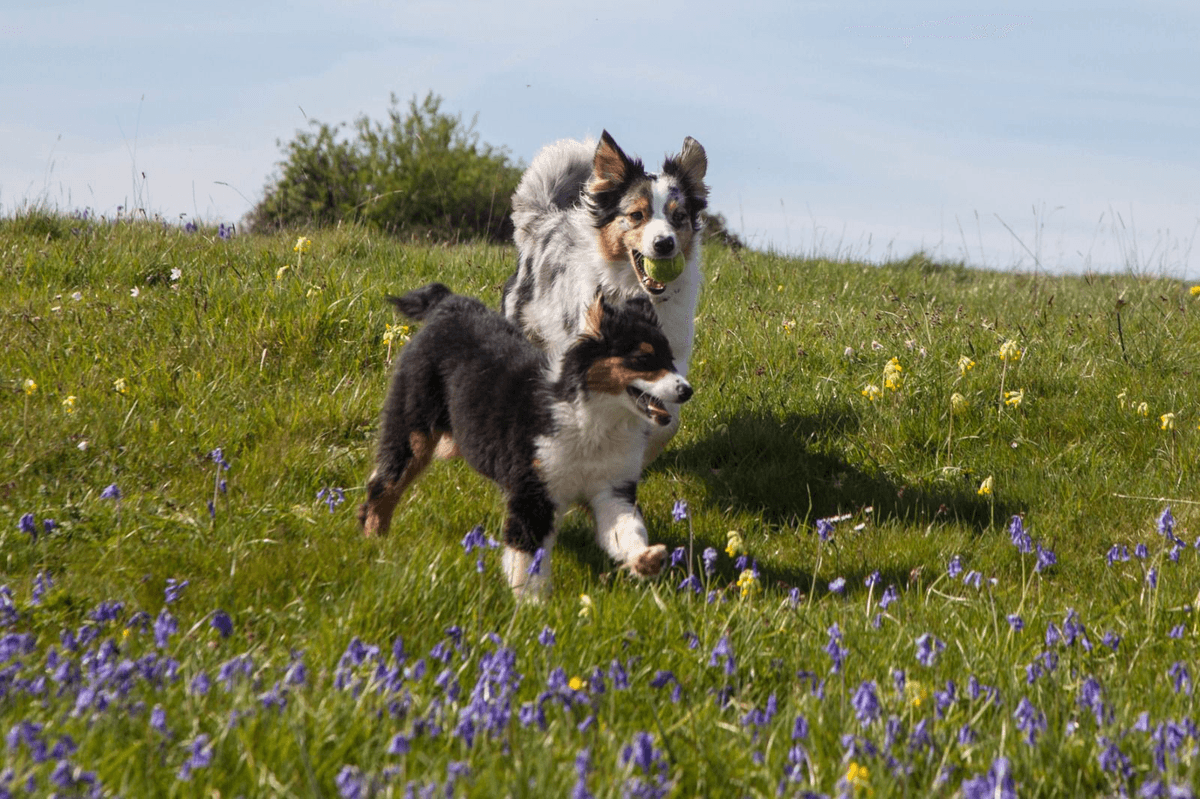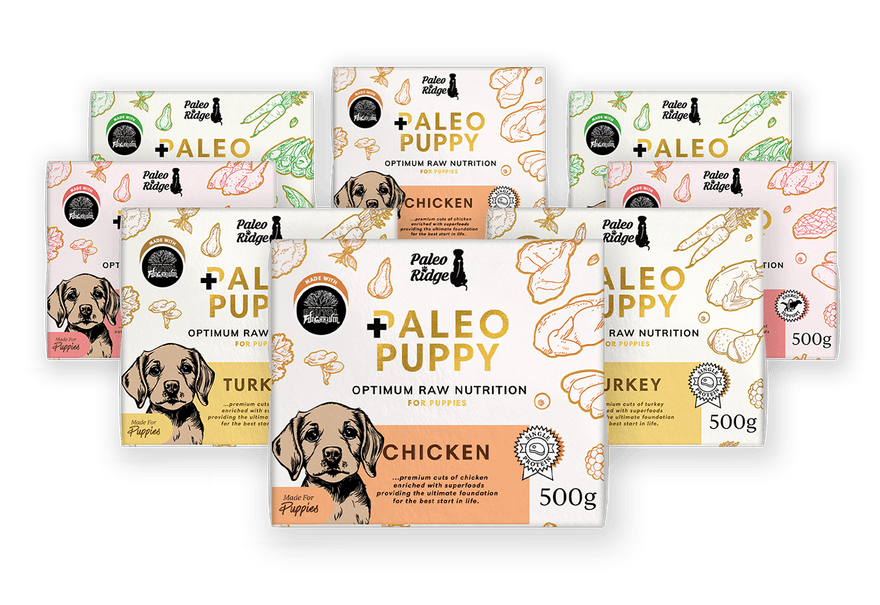So, we know that dogs can have vegetables but how many is too many or doesn't it matter?
All you need to do to see the evidence that our canine companions are primarily meat eaters is to have a look inside their mouth. Their elongated, pointed canine teeth are designed for tearing meat apart, while their sharp premolars are ideal for shredding food. The incisors at the front are also perfect for stripping meat. The insides of a dog's stomach are also significantly more acidic, making it well-equipped to digest raw meat and bones. However, it is not suited to digest large quantities of vegetables or plant proteins efficiently, resulting in them being passed as waste.
Despite that, we must consider the various health benefits vegetables offer and the valuable nutrients they contain. Raw vegetables include important minerals such as magnesium, potassium and calcium and contain an abundance of vitamins such as vitamin E, A, C K and the B vitamins.
Due to our dog's limited ability to digest plant fibre, it is imperative that we correctly present the vegetables to our dogs for them to be able to fully reap the benefits. Vegetables must be crushed or finely minced to ensure proper bioavailability. This allows dogs to absorb the valuable nutrients found within the vegetables, which are not found in meat such as phytonutrients.
It is crucial that your dog's vegetable intake is fed as part of a well-balanced diet. Overfeeding vegetables can lead to an increase in waste passed through them (an unwanted outcome for us all) and create a nutritional imbalance as they miss out on vital nutrients found in meat, which is the primary nutrient source for dogs. Ideally, feeding your dog 5-20% vegetables is recommended. It is important to vary the type of vegetables you feed your dog, as different veggies offer various health benefits.





